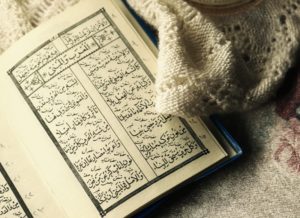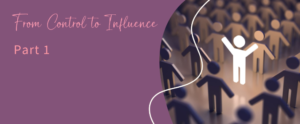الثقافة المحلية وأثرها في تطبيق اللائحة الأخلاقية حسب الإتحاد الدولي للكوتشنج
I woke up this morning to my brother Mohamed Sharaf Eldin’s post on LinkedIn which inspired me to write this article. Mohamed had a great discussion with Dr. Michael J. Marx, one of the people involved in ethics thought leadership for the International Coaching Federation who supported him in his volunteer role in ICF along with other life roles
The discussion was about clause 25 in the code of ethics, this code also caught my attention as we battle here in the USA with issues related to DEI between political parties making it difficult as Muslims living in the West to express our own convictions and our core belief system. Our Muslim community in the West seems to be unsure of how to talk about these issues in fear of discrimination against us as minorities to
When ICF reviewed the competencies, many coaches were relieved to see what Mohamed pointed at
“A superseding statement which is – “Local Rules and Cultural Practices” – and it gives full respect to Islamic Shariaa, Local Middle Eastern Culture, and local Laws and Regulations”. Mohamed’s words resonate and make me personally comfortable in operating with ICF regulations. Not only Mohammad sees this but also others from across the globe. Colin Brett my coaching instructor at Coaching Development Ltd in London in ‘Watch a Video Discussion of the Updated ICF Core Competencies Model’ on the ICF page (min 9.19), points out the fact that the new revised model of competencies allows us to give great consideration as coaches to the individual context and their uniqueness
Handling cultural sensitivity as Mohamed points out in his post is not about shutting off individuals who are different but rather embracing them and coaching them to the point where they start seeing other points of view and embracing the collective values. This level of mastery may not be your coaching ability, but if you can develop that level of moving from the ‘I’ to the ‘We’ as Judith Glaser (may she rests in peace), in her book “Creating We” describes. She elaborates on how if we are able to support individual expression without threat to the social values or support them to move from harming the collective in their action to reviewing or restraining actions that can inflict harm, we would have made a difference in that person’s life. They may not change who they want to be, but it sends a message of collective well-being and health. You can read her words and grasp the idea of ‘We’ and how conversational intelligence is a key to that
Our positions, as coaches, will not change but will allow room for communication and dialogue as Rosinsky describes in his four-level model of Coaching Across Cultures. This is the essence of the teachings of the Quran to the prophet Mohammed: “You are only sent mercy to the worlds” Verse 107- Alanbiyaa. We will only support individual transformational awareness and help them be part of a greater collective. We would be coaching the system or their relationship to the system
The West is still in the experiment of democracy and what it means, while we in the Middle East understand the importance of spirituality and religion. Our collective core beliefs and values remain aligned with God’s will and the main teachings of Judaism, Christianity, and Islam. As Judith Glaser points out, our collective awareness is sensing something wrong in the system and unless we wake up and bring it to the surface, the cancer of conflict will be overwhelming
As coaches, we cannot just coach without alignment. Cultural alignment is important. Values alignment too. Most importantly, alignment with our collective ‘It’. Confrontation and coercion of the system to take footsteps to every model of DEI used in individualistic cultures will cause great conflict in our collective being as a society. Let us learn something from Team and systemic coaching. Let us coach social relations rather than the individual on their own. Systemic coaching is a greater leap in mastering coaching and the road to it is learning team coaching




